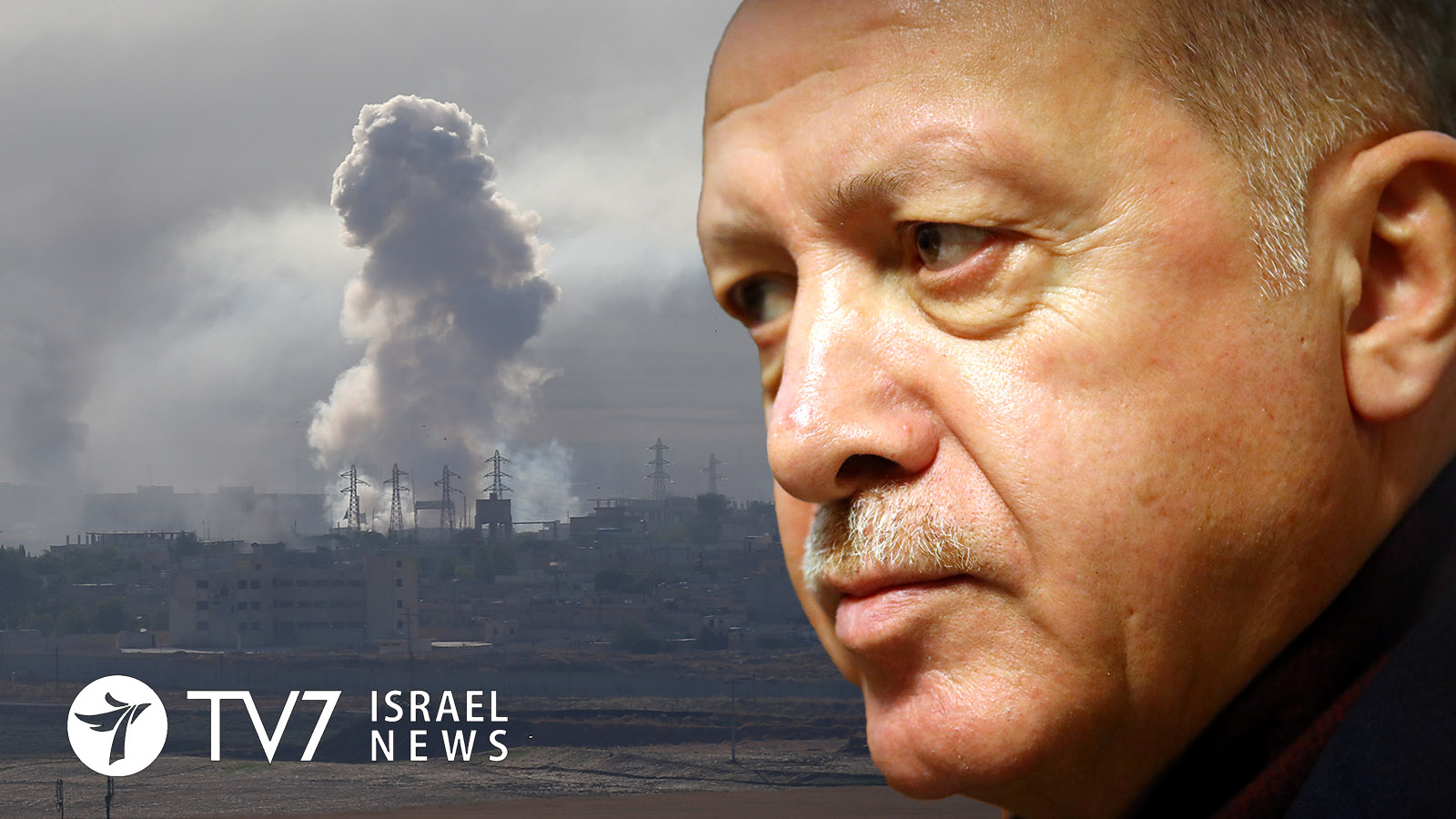Turkish President Recep Tayyip Erdoğan has confirmed his country launched an air strike on the Makhmour refugee camp in northern Iraq on Saturday, and that a senior Kurdistan Workers Party (PKK) official was “neutralized” in the attack which also killed 2 others.
The PKK has fought an insurgency against the government in mainly Kurdish southeast Turkey since 1984. It is designated a terrorist organization by Ankara, the United States and European Union. Over 40,000 people have been killed in the conflict.
In the first Turkish confirmation of an air strike on the camp, Erdoğan in a Tweet yesterday that Bozkir had been the manager of the camp, which he would not allow the PKK to be used “as an incubator for terrorism.”
Erdoğan had warned last week that Turkey would target Makhmour, which was established in 1998 in a district by the same name in Iraq’s Erbil Governorate. Some 12,000 Kurdish refugees who fled the fighting with Turkey – in a movement Ankara says was deliberately provoked by the PKK – are estimated to live there.
Turkish forces have stepped up attacks on bases of the outlawed faction at their mountain strongholds in northern Iraq over the last year, focusing their firepower and incursions – including armed military drones – mainly up to 30 km (about 20 miles) south of its border with Iraq. Makhmour, however, is located 180 km (nearly 112 miles) deep within Iraqi territory. It was targeted by Turkish air strikes a year ago, although there were no reports of casualties at the time, but a senior Turkish official said it was now a priority for Ankara.
“If the United Nations does not clean it up, we will do it as a UN member,” Erdoğan threatened during an interview with the state TRT broadcaster. He then rhetorically questioned “How long are we supposed to be patient” about Makhmour, which he claimed poses as great a threat as the PKK’s stronghold in the Qandil mountains further north.
United States Ambassador to the United Nations Linda Thomas-Greenfield visited Ankara last week, where she told officials that “any attack targeting civilians at Makhmour refugee camp would be a violation of international and humanitarian law.”
A senior Iraqi official told Reuters that security commanders and local officials investigated a complaint by Ankara about 2 weeks ago about “terrorist activities” launched against Turkey from Makhmour,” but that the PKK did not allow them access into the camp.
Another Iraqi security official reported that police were also prevented from enter the camp after the strike on Saturday. While the source declined to provide details on casualties, Patriotic Union of Kurdistan (PUK) party said at least three people were killed.
Dozens of protestors marched in Iraq’s Kurdish province of Sulaimaniya later on Saturday to denounce the Turkish incursion, while waving the Kurdish flag and chanting “our voices are voices of freedom against occupation.”
“They are killing innocent women and children … Turkey wants to occupy Kurdistan, but we, the Kurds here along with the PKK, will fight until the last moment of our lives,” said protester Omid Saleh.
In a separate incident on Saturday, 5 Iraqi Kurdish Peshmerga fighters were killed and 7 wounded in an ambush by the PKK in northern Iraq, the ministry of Peshmerga said in a statement on Saturday.
Peshmerga military forces are responsible for the security of the autonomous Kurdistan Region of Iraq, since the Iraqi Army is forbidden by law to enter. Control of the Peshmerga is divided between the PUK and the Kurdistan Democratic Party (KDP or PDK), the latter of which is the region’s largest political faction and a senior partner in the Kurdistan Regional Government.
The PKK attacked the Peshmerga convoy with both light and heavy weaponry on Matin mountain near the border town of Amedi town as it was conducting a routine security check in the area.
“The Ministry of Peshmerga is demanding immediate action from the Iraqi Federal Government to put an end to ongoing Turkish military operations in the Kurdistan Region,” the statement added, while demanding that the PKK to “take their fight somewhere else, away from Kurdish homes and the Kurdistan Region.”
